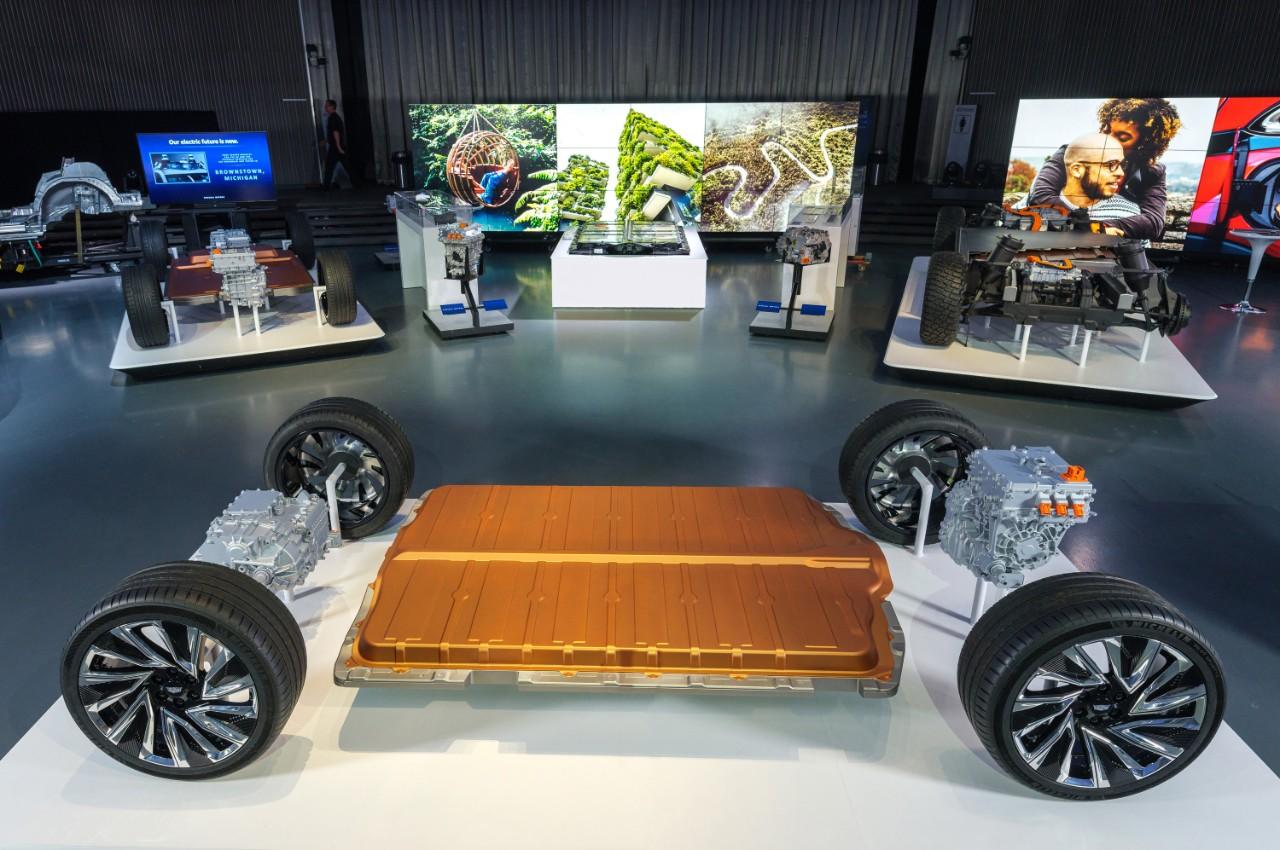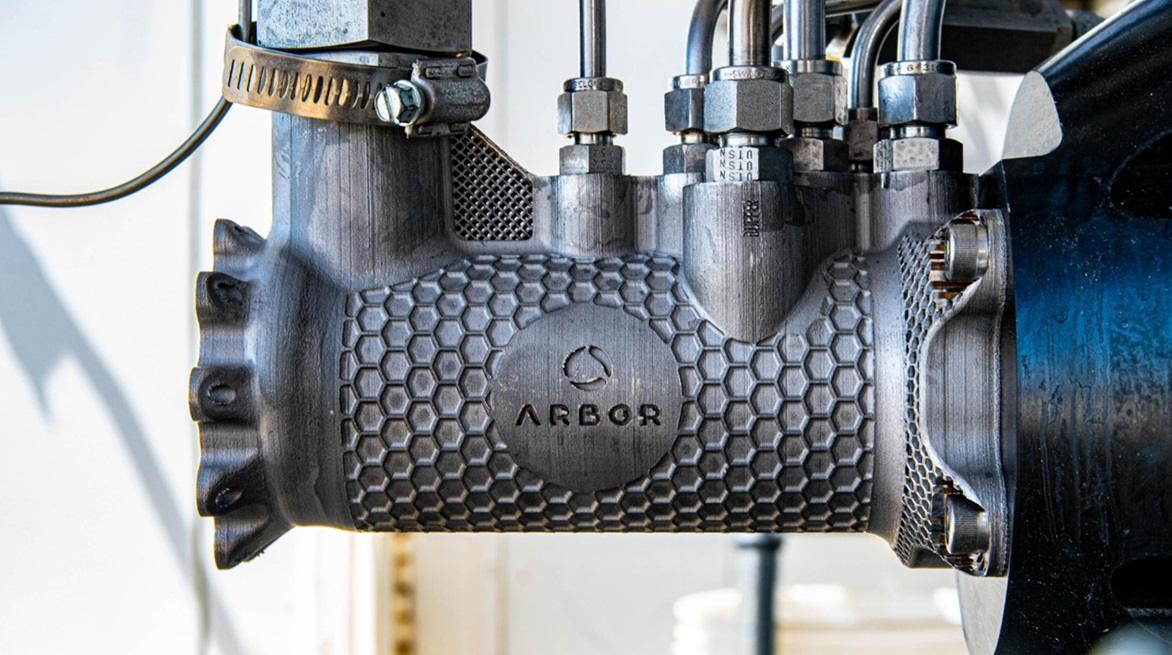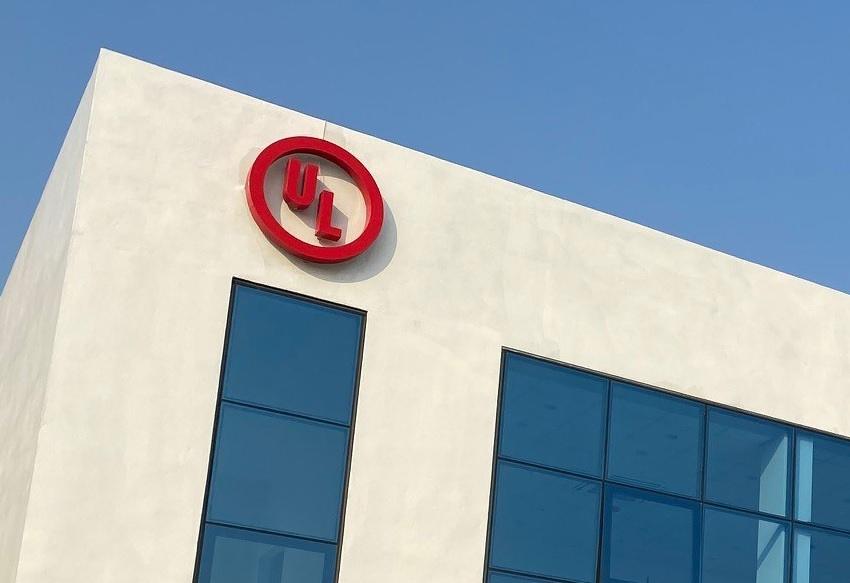GM Accelerates Zero Emissions Strategy with More EV Models, Big Hike in Investment Plans
Automotive giant General Motors announced plans to further expand its electric mobility strategy, with more new EV models planned, and a significant increase in capital allocated to electrification.
GM’s updated plans include offering 30 all-electric models globally by mid-decade, and offering 40% of the company’s U.S. entries as battery electric vehicles by the end of 2025. Additionally, the company announced an increase in its financial commitment to EVs and AVs to $27 billion through 2025, up from prior plans of $20 billion.
GM Chairman and CEO Mary Barra said:
“Climate change is real, and we want to be part of the solution by putting everyone in an electric vehicle. We are transitioning to an all-electric portfolio from a position of strength and we’re focused on growth. We can accelerate our EV plans because we are rapidly building a competitive advantage in batteries, software, vehicle integration, manufacturing and customer experience.”
Barra and GM EVP of Global Product Development, Purchasing and Supply Chain Doug Parks unveiled further details of GM’s EV strategy and progress. GM plans to offer a wide range of EV models at all price points covering work, adventure, performance and family use. More than half of GM’s capital spending and product development team will be devoted to electric and electric-autonomous vehicle programs.
GM’s EV development is focused on its Ultium battery platform, which provides the building blocks for everything, from mass market to high performance vehicles. The second-generation Ultium chemistry, expected to be available mid-decade, is projected to deliver twice the energy density at less than half the cost of today’s chemistry. According to GM, Ultium is expected to bring EVs closer to price parity with gas-powered vehicles.
Parks said:
“GM’s EV development times are speeding up and costs are going down rapidly, so we expect our Ultium EV programs to be profitable from the first generation on. It’s not just the cost and performance of our innovative EV components that will give us a competitive advantage in a fast-changing industry, but how we integrate them with other advanced systems like Super Cruise, our Vehicle Intelligence Platform electrical architecture and other technologies pioneered in our traditional portfolio.”
Barra added:
“Ultium is already changing the way customers – and investors – view our company. We are resolved as a management team to move even faster to expedite the transition to EVs. The all-electric future we are building integrates all the things we do better than anybody else – so we can put everyone in an EV, generate profitable growth and create shareholder value.”





